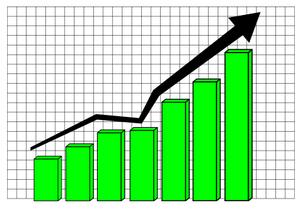Do you have a few unused yet still valuable things lying around your home? Whether it’s an old cell phone or collectible comic books, eBay is a good place to sell almost any of your unwanted items. Here are a few tips to help you get started on the online auction site.
- Choose worthwhile items. Functional electronics, name-brand clothing, and collectibles are all good items to sell on eBay. Things that are poor quality, broken, or very outdated, however, are not.
- Take high quality photos. While eBay offers a feature that includes stock photos for certain items, it’s usually better to upload your own photo so that the buyer can see exactly what they're buying. Use a high quality cell phone or digital camera, and be sure to include photos of every part of the item, including any possible defects.
- Create a detailed description. The more detailed your description, the better. Answer all of the questions that eBay asks about your item, and then add anything else that an interested party should know in the description.
- Check out other prices. To better your chances of selling your item, check out how much similar items sold for and list your item for about the same.
- Ship quickly. Once your item sells, be sure to ship it quickly so that the buyer will give you a good rating — and hopefully improve your chances of selling again.
How to Sell Online With eBay [eBay]
Top Ten Mistakes by Beginning eBay Sellers [About Money]
Sell on eBay [For Dummies]



 Equal Housing Opportunity
Equal Housing Opportunity